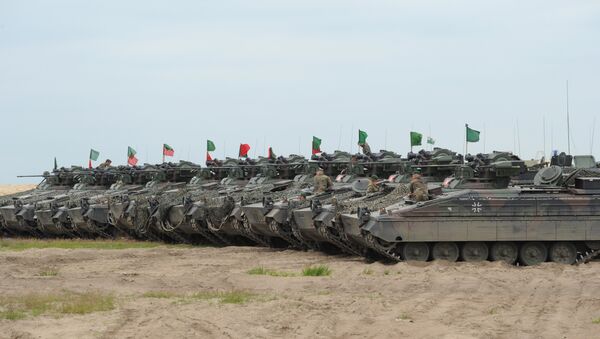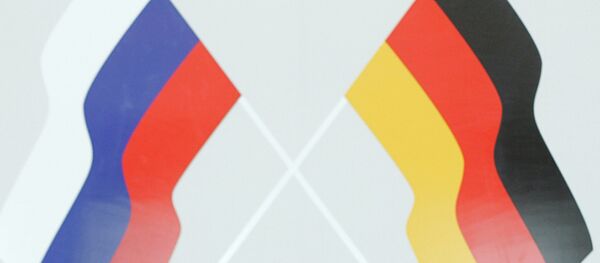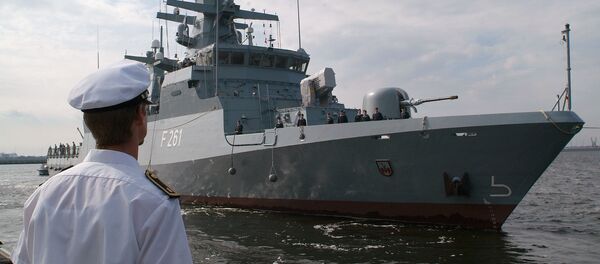"This document, in fact, shows that Germany's policy pursued by Federal Chancellor Merkel has completely moved away from the foundations that it had in the past. In this regard, I can tell you with confidence that, at least in those days, when the Federal Republic of Germany was fulfilling its obligations in the framework of signed agreements, when it was sticking to the NATO Treaty and the United Nations Charter, we would not have created such a document," the politician told Sputnik Germany, calling the new policy paper a "degradation document."
Wimmer has repeatedly criticized sanctions against Russia and said that they should be lifted. He has also opposed NATO's military build-up near Russian borders saying that the trend of "re-militarization" in Europe is dangerous.
"Our current policy is a direct continuation of the events of the Cold War. And if I were in Moscow, Russia, and would watch such a development on my western borders, I would probably have come to the conclusion that this is the same policy that was carried out by Adolf Hitler and Napoleon. In this context, we can't pursue a policy of good-neighborly relations, which we agreed on in 1990 by signing the Charter of Paris," the politician told Sputnik Germany.
Commenting on the widely spread Western belief that Russia "poses a serious threat" to the European security, Wimmer said:
According to Wimmer, the document could undermine the Minsk agreements and bring all efforts to restore peace in Ukraine to naught.
"When you read this document, you get the impression that the Federal Chancellor — without whom the creation of such a document, even at the stage of the project, wouldn't be possible — wants to destroy the foundations of the Minsk agreement and thus make a decisive contribution to the destabilization of Europe," Wimmer concluded.
Relations between Russia and the West deteriorated in 2014 after the overwhelming majority of the Crimean population voted in a referendum to leave Ukraine and rejoin Russia. In April 2014 Kiev authorities launched a military operation against pro-independence militia in Donbas. In February 2015, the two sides reached a ceasefire deal after talks brokered by the leaders of Russia, France, Germany and Ukraine — the so-called Normandy Format — in the Belarusian capital of Minsk.
Moscow has repeatedly stressed that it is not a party to the Ukrainian conflict, and that military expansion towards Russia's borders increases tensions by threatening regional and international security.



